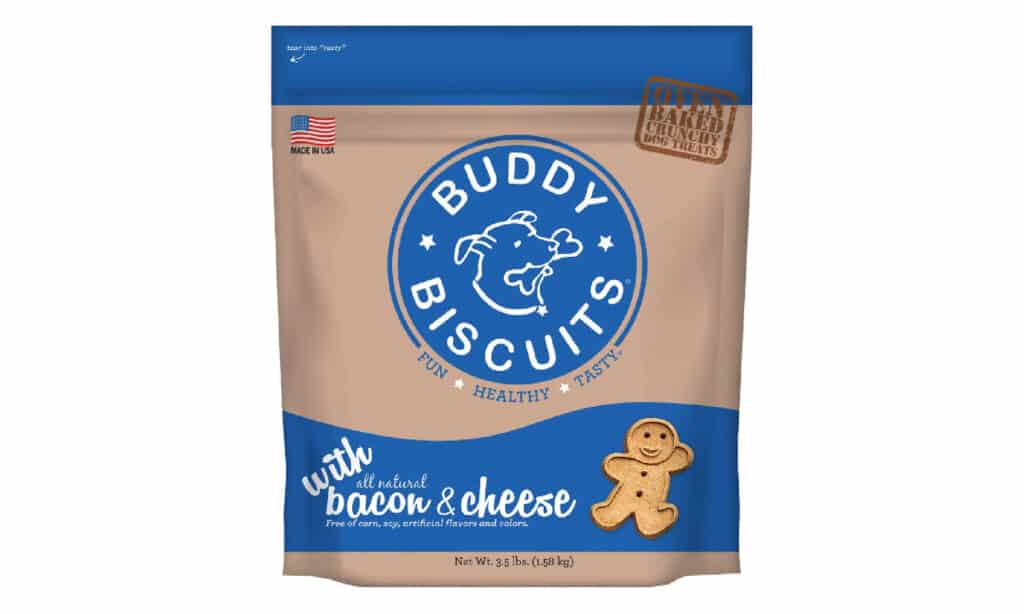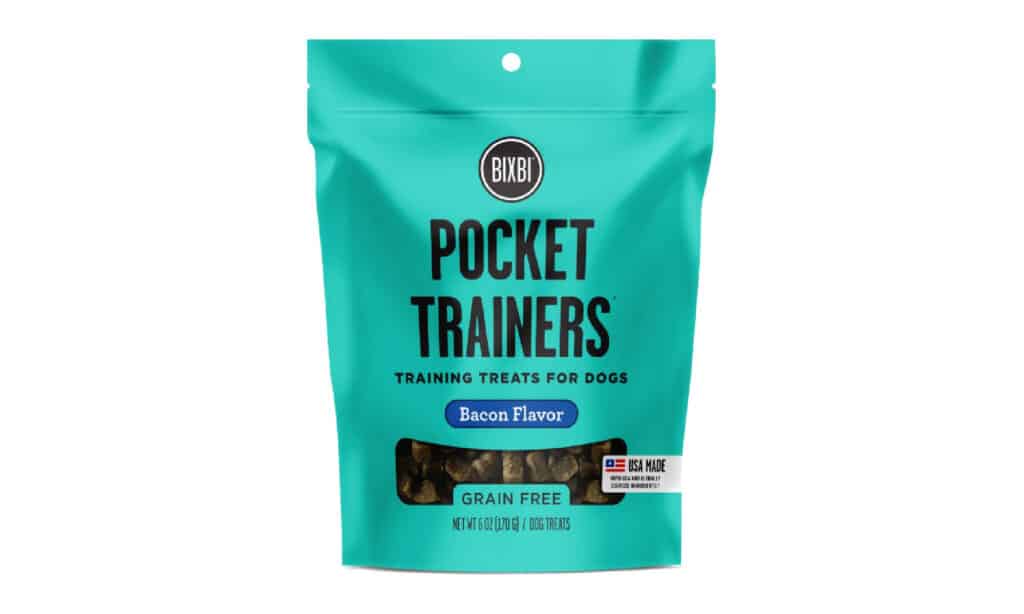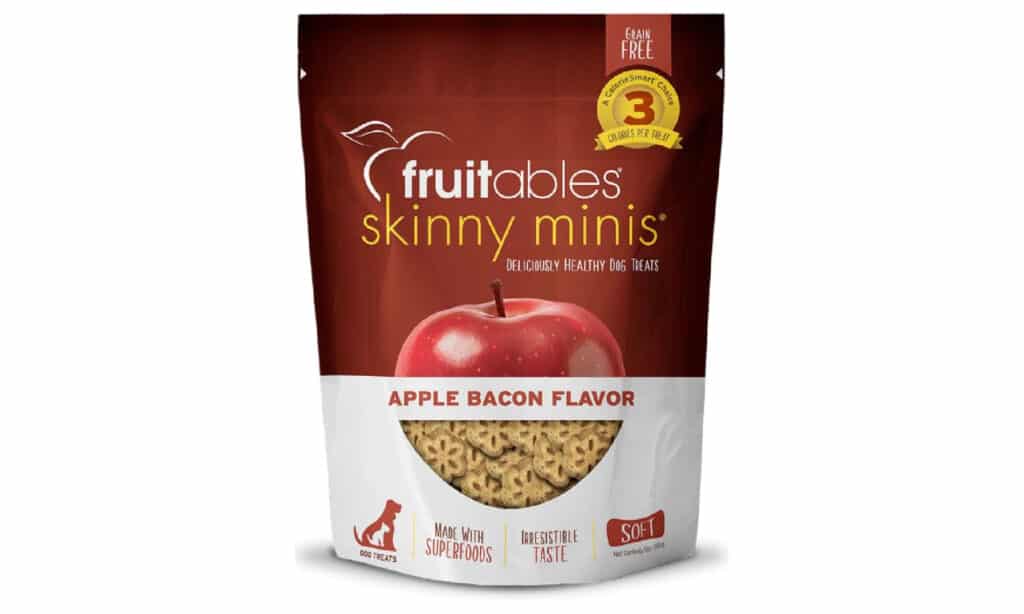If you’re a dog owner who is conscious about your furry friend’s diet, you may have wondered whether millet is a safe and nutritious food option for your canine companion. While dogs are primarily known for being meat-eaters, incorporating other grains and vegetables into their diet can offer a range of benefits. In this blog post, we’ll explore whether dogs can eat millet and what nutritional benefits it may offer. As with any new food, it’s important to ensure that it is introduced into your dog’s diet in a safe and controlled manner. So, let’s dive in and find out if millet is a suitable food for your furry friend!
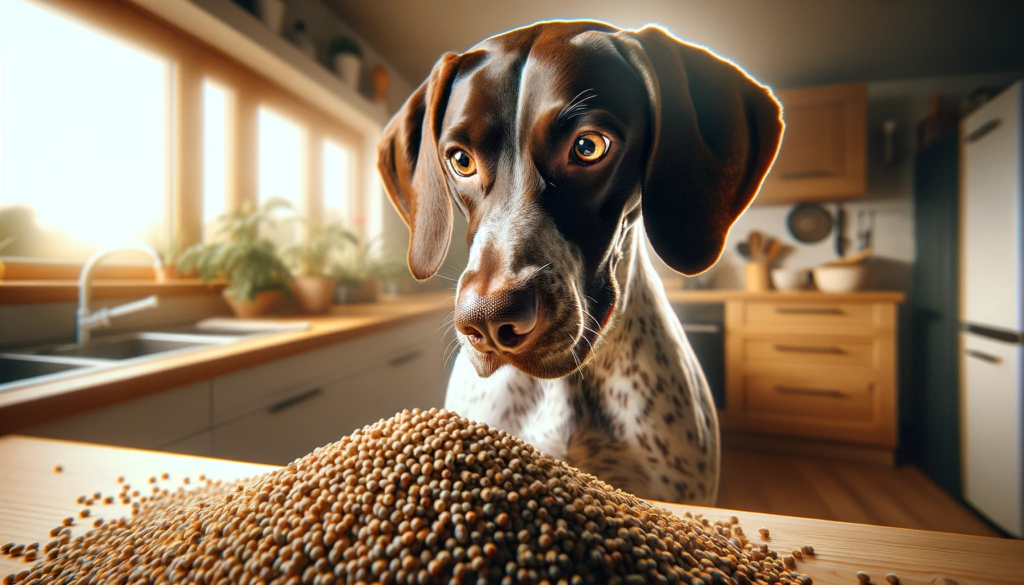
What Is Millet?
Millet is a type of small-grain cereal that is widely cultivated around the world for its nutritional benefits and versatility in cooking. Millet is a popular food in Asia and Africa, with a nutty flavor and slightly chewy texture.
There are several different varieties of millet, but the most commonly consumed types include pearl millet, finger millet, and foxtail millet. All millet varieties are high in fiber, protein, and essential vitamins and minerals, but their nutritional profiles differ.
In addition to being a nutritious food source for humans, millet has also gained popularity as a potential food option for dogs. Millet isn’t as popular in dog food as rice or corn, but it provides nutritional benefits for dogs.
So whether you’re looking to incorporate more millet into your own diet or considering adding it to your dog’s food, this versatile grain is definitely worth considering for its many health benefits.
Can Dogs Eat Millet?
Yes, dogs can eat millet as it is a safe and nutritious food option for them. In fact, millet is often included in high-quality commercial dog food as a source of protein, fiber, and essential vitamins and minerals.
Millet is a gluten-free grain, which makes it a great option for dogs with food sensitivities or allergies to wheat or other grains. It is also high in antioxidants, which can help support your dog’s immune system and overall health.
When introducing millet into your dog’s diet, it is important to do so gradually and in moderation. Too much millet at once can cause digestive upset, such as diarrhea or bloating. Cooked millet is better for dogs as uncooked grains can be tough to digest.
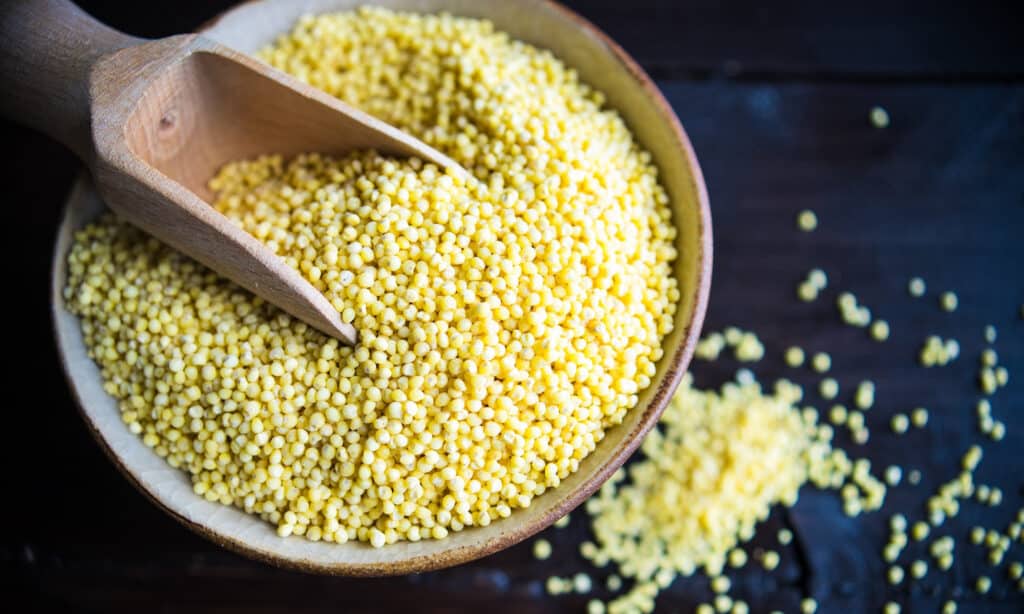
Are There Harmful Ingredients in Millet?
Millet is generally considered to be a safe and nutritious food option for dogs. However, as with any food, there are potential risks associated with consuming it.
Mycotoxins in millet can be harmful, produced by certain fungi that grow on grains like millet. These mycotoxins can be harmful to both humans and animals if consumed in large amounts. However, commercially available millet is typically tested for mycotoxins and is considered safe for consumption.
Another consideration when feeding millet to dogs is the possibility of contamination with other harmful ingredients. Contaminated or chemically treated millet could be harmful to dogs. Source from reputable suppliers and wash properly. Make sure millet is safe for dogs by sourcing it from a trusted supplier and properly washing and preparing it.
Consult your vet before changing your dog’s diet to ensure it’s appropriate for their individual needs.
Yes, millet contains a variety of safe and nutritious ingredients that can benefit your dog’s health. Millet is high in protein, fiber, and essential vitamins and minerals, including magnesium, potassium, and B vitamins.
Millet is gluten-free, good for dogs with food allergies or sensitivities to wheat and other grains. It is also low in fat and calories, which can help maintain a healthy weight for your furry friend.
Millet also contains antioxidants, which can help support your dog’s immune system and overall health. Antioxidants can help reduce inflammation, protect against cell damage, and may even have anti-cancer properties.
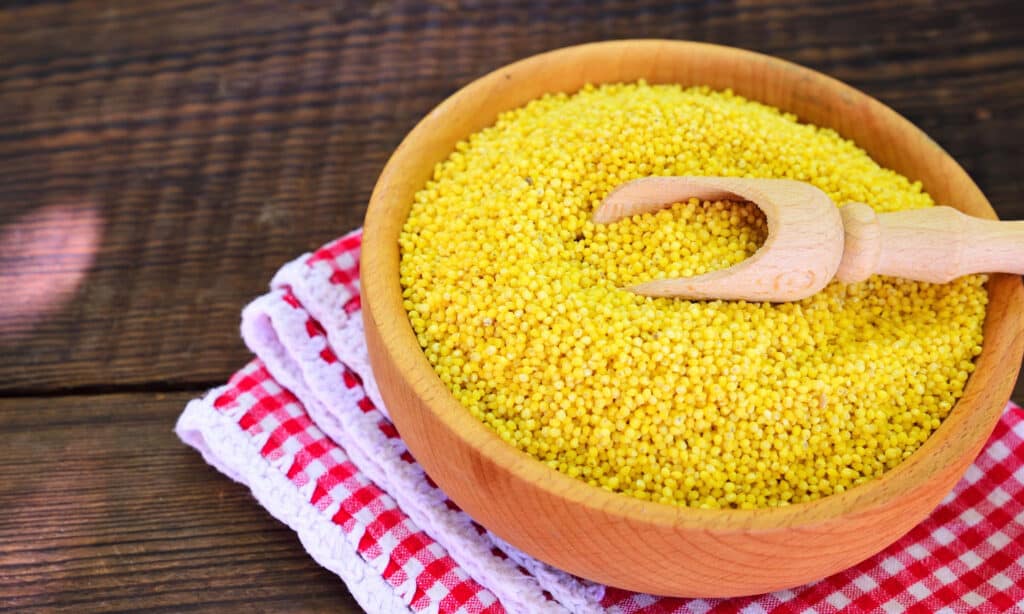
What Signs To Watch For If Your Dog Accidentally Ate A Lot of Millet?
If your dog accidentally eats a lot of millet, there are several signs to watch for that may indicate that they are experiencing digestive upset or other health issues. Some common signs to watch for include:
- Vomiting: Excess millet in dogs may cause vomiting as their body tries to expel it.
- Diarrhea: Diarrhea is another common sign of digestive upset in dogs. Loose stools, diarrhea or frequent bowel movements in dogs may indicate excessive consumption of millet.
- Bloating: Eating too much millet can also cause your dog’s stomach to become distended or bloated. Abdominal pain and discomfort in dogs may indicate bloating.
- Lethargy: Eating too much millet can make your dog feel tired and slow as their body digests the excess food.
If your dog shows signs of distress after eating millet, seek veterinary help immediately to ensure their well-being.
When or If You Should Go To The Vet?
If you notice any signs of digestive upset or other health issues in your dog after they have eaten a lot of millet, it is important to monitor them closely and seek veterinary attention if necessary.
If your dog is exhibiting signs of mild digestive upset, such as vomiting or diarrhea, you may be able to manage their symptoms at home by withholding food for a period of time and providing plenty of water to keep them hydrated. However, if your dog is experiencing more severe symptoms, such as persistent vomiting, bloody diarrhea, or signs of abdominal pain or bloating, it is important to seek veterinary attention right away.
Other signs that may indicate the need for veterinary attention include lethargy, loss of appetite, dehydration, or any other unusual or concerning behavior. If you have any worries about your dog’s health, it’s best to be cautious and consult a vet.
Your veterinarian can help diagnose and treat any underlying health issues that may be causing your dog’s symptoms and provide appropriate treatment to help your furry friend feel better. Vets can advise on managing your dog’s diet to prevent digestive upset and other health problems.
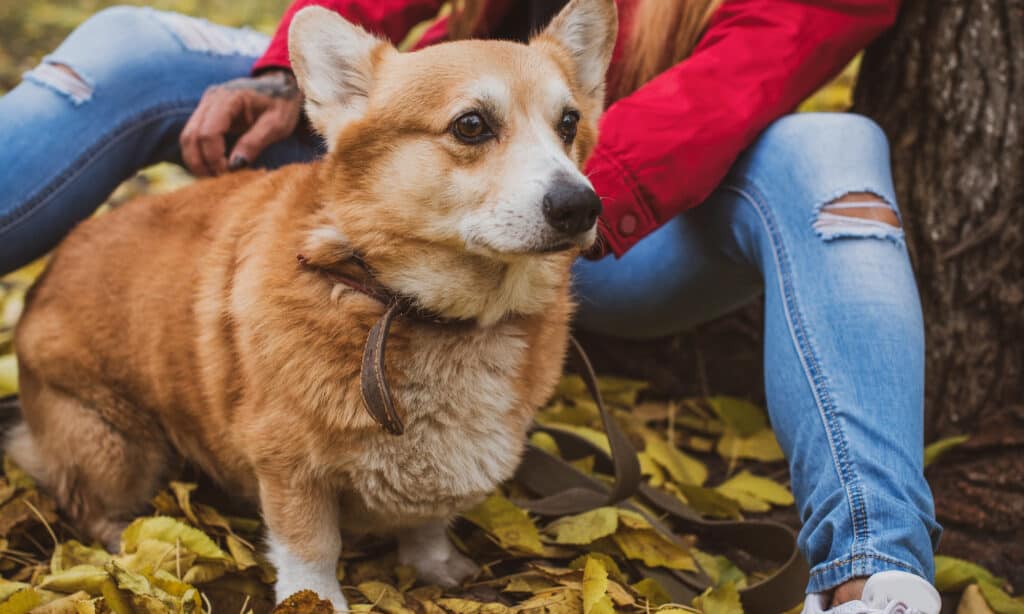
Safe Dog-Friendly Alternative to Millet:
If you’re looking for safe and nutritious alternatives to millet for your furry friend, there are several options to consider. Here are some dog-friendly alternatives to millet:
- Rice: Dogs benefit from rice in commercial dog food as it provides carbohydrates and fiber. It is also easy to digest and unlikely to cause digestive upset in most dogs.
- Oats: Oats are another safe and nutritious grain that can be included in your dog’s diet. They are high in fiber and protein, and can help regulate your dog’s digestion.
- Quinoa: Quinoa is a gluten-free grain that is high in protein and essential vitamins and minerals. It is also low in fat and calories, which can help maintain a healthy weight for your dog.
- Sweet potatoes: Sweet potatoes are a nutritious and tasty alternative to grains like millet. They are high in fiber and essential vitamins and minerals, and can help support your dog’s digestion and immune system.
- Green beans: Green beans are a healthy dog food option for fiber, vitamins, and minerals without excess calories.
Introduce new dog food gradually and in moderation to avoid digestive issues.
Healthy Store-Bought Options:
In conclusion, millet can be a safe and nutritious addition to your dog’s diet when properly sourced, prepared, and introduced in moderation. It is a great source of protein, fiber, and essential vitamins and minerals, and can offer a range of health benefits for your furry friend.
However, it is important to be mindful of the potential risks associated with consuming millet, such as mycotoxin contamination and other harmful ingredients. It is also important to monitor your dog for signs of digestive upset or other health issues if they have eaten a lot of millet or any other new food.
If you have any concerns about your dog’s diet or health, it is always best to consult with your veterinarian. They can offer advice on how to properly incorporate millet or other safe and nutritious foods into your dog’s diet, as well as provide guidance on how to manage any digestive upset or other health issues that may arise.
Ultimately, by making informed and thoughtful choices about your dog’s diet, you can help ensure that they are receiving the proper nutrition and care they need to thrive and live a happy, healthy life.
~Lindsie

